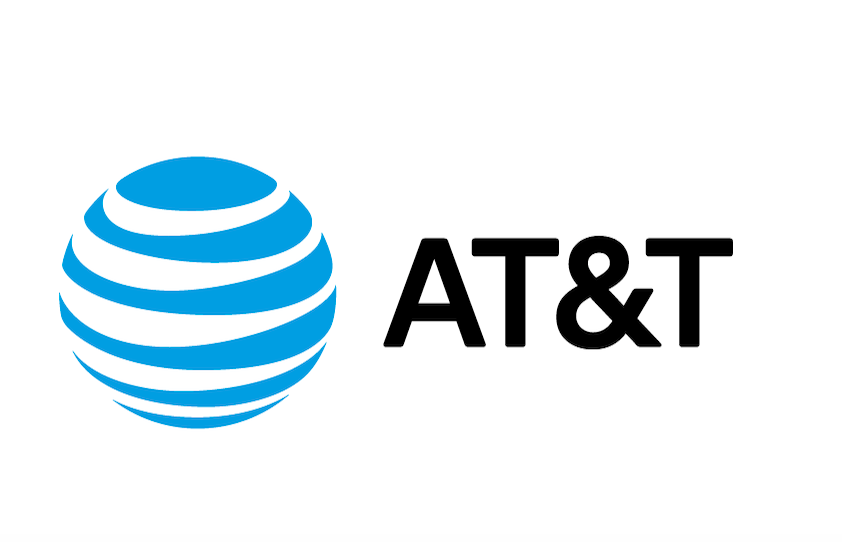AT&T, Time Warner CEOs Defend Held-Up Merger

The smarter way to stay on top of broadcasting and cable industry. Sign up below
You are now subscribed
Your newsletter sign-up was successful
The antitrust trial holding up the AT&T-Time Warner merger has reached the point where top executives at both companies have testified, saying neither firm would use its newfound scale to raise prices or limit access to content.
Time Warner chairman and CEO Jeff Bewkes, in U.S. District Court in Washington D.C., on April 18 called the government’s argument that AT&T-Time Warner would use its added heft to raise prices to distributors or black out channels to lure customers to its own pay TV service as “ridiculous.”
“It’s not how it works,” Bewkes said, according to reports. “If any of our channels goes off the air for any period of time, it is catastrophic for us. We lose a lot of money.”
He said a month-long blackout of Turner networks in 2014 on Dish Network systems cost Time Warner $150 million in lost affiliate fees and advertising revenue.
AT&T announced its $108.7 billion acquisition of Time Warner in October 2016, seeking to add Time Warner’s content assets — including the Warner Bros. movie and TV studios and cable channels such as CNN, TBS, TNT and HBO — with AT&T’s leading pay TV distribution. In November of 2017, the U.S. Justice Department sued to block it on anti-competitive grounds.
AT&T and Time Warner have pledged to offer distributors arbitration in carriage disputes and have promised not to black out any channels for seven years should the deal be approved.
AT&T chairman and CEO Randall Stephenson testified on April 19, saying the merger is needed to keep both companies competitive.
The smarter way to stay on top of broadcasting and cable industry. Sign up below
Stephenson said he viewed the Time Warner agreement as a “vision deal” needed to compete against emerging OTT providers like Netflix and Amazon.
The trial, before U.S. District Court Judge Richard Leon, could last a few more weeks. Leon has said the trial needs to wrap this month if the companies want a final order by June 21, the deadline for their merger to close.
Most analysts expect the deal to pass regulatory muster, if with some conditions. Wells Fargo Securities analyst Jennifer Fritzsche told CNBC she has heard from many antitrust lawyers who believe the government hasn’t been able to show that the deal will have an adverse effect on competition. “I think we can summarize it by saying, ‘no smoking gun,’ ” she told CNBC.
